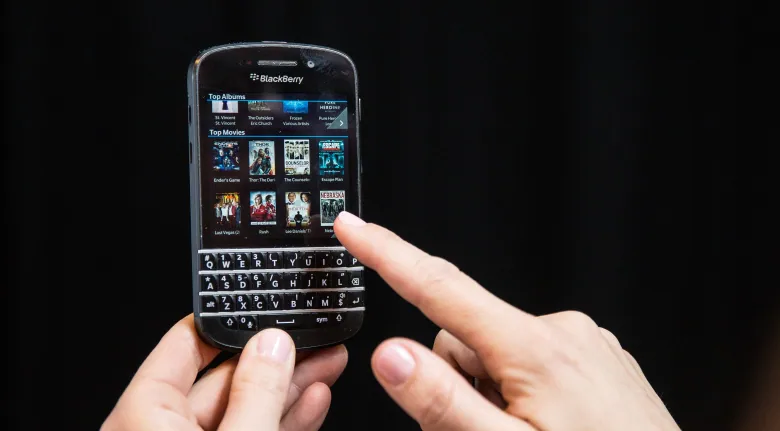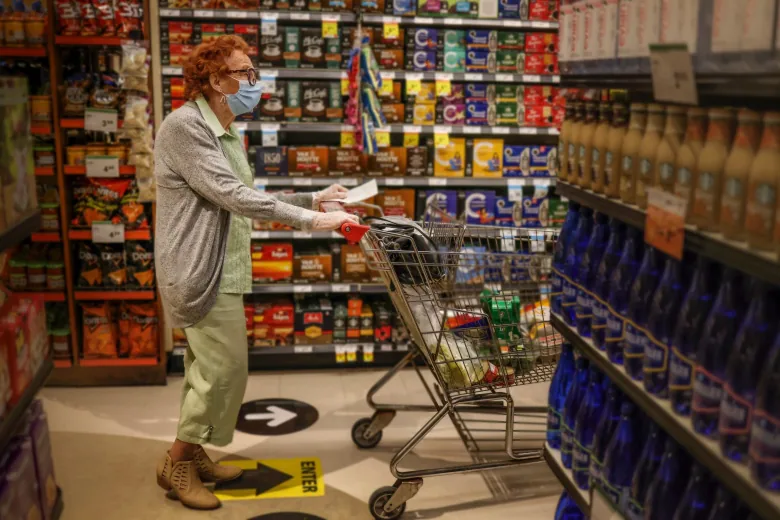FACT SHEET: $50B+ of U.S. Private Sector Investments into APEC Economies, as well as Private Sector Contributions to Sustainability, Inclusivity, and Resilience
Under President Biden’s leadership, the U.S. host year of Asia-Pacific Economic Cooperation (APEC) has demonstrated that the United States is uniquely positioned to drive sustainable, inclusive, dynamic growth in one of the most vibrant and economically important regions in the world.
American businesses are the largest source of foreign direct investment in APEC economies. The United States’ strong and resilient economy remains an indispensable driver of prosperity and innovation across our partners in the Asia-Pacific. Our public and private sectors continue to deliver for APEC economies, catalyzing sustainable, high-quality investments that create good jobs within APEC member economies as well as in the United States.
Many of these investments also advance the Partnership for Global Infrastructure and Investment (PGI), President Biden and the G7’s flagship infrastructure initiative for leveraging the expertise and financing from the private sector to scale quality investments in low- and middle-income countries to generate economic growth.
Today, U.S. companies represented at the APEC CEO Summit highlighted and announced over $50 billion of investments into APEC economies in 2023. This slate of announcements includes:
- Nearly $25 billion in additional investments to increase digital connectivity and resilience throughout our region, including new subsea cables—both across the Pacific and within APEC economies—that will result in more than $1 trillion in GDP over the next four years, making our economies more interconnected and secure.
- 50+ new direct flights per week from the United States to APEC economies to support increased people-to-people & business-to-business ties and trade/shipping; this steep growth in flights marks the largest U.S. airline expansion into the South Pacific in history.
- Significant investments in a wide range of sustainability and clean energy technologies, including carbon sequestration, grid decarbonization, and sustainable aviation fuel.
- Trailblazing investments and financings that both drive economic growth and advance the Biden-Harris Administration’s values, including an investment in an environmental…



